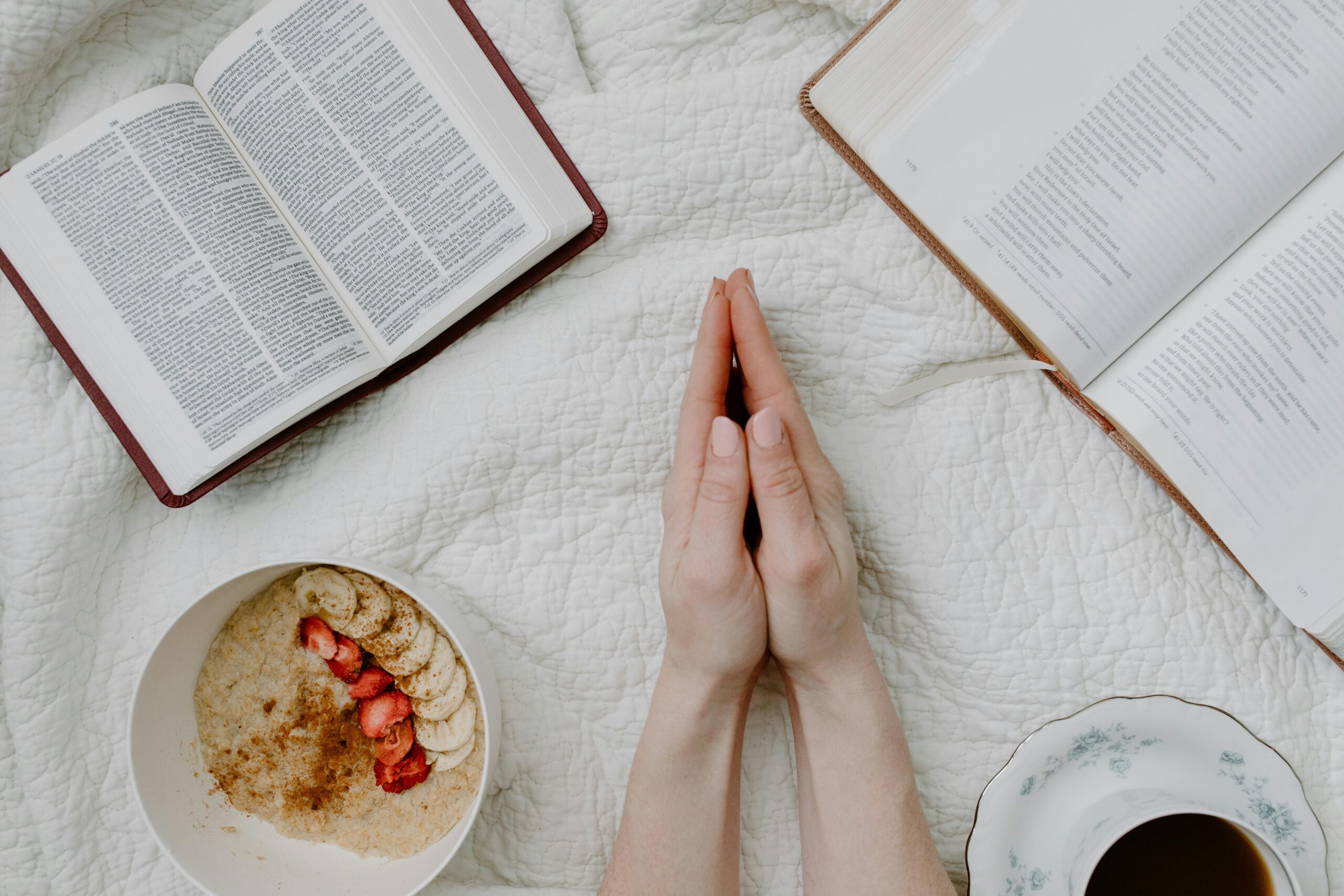Life can feel overwhelming at times, but finding moments of stillness can make all the difference. However, practicing mindfulness can help you find inner peace, enhance personal growth, and manage daily stress more effectively. As a life coach, I’ve seen firsthand how simple mindfulness techniques can transform lives. So I wanted to share stress reduction tips, practical ways to meditate and my personal mindfulness routine to help you cultivate a sense of calm and clarity as you work toward living your best you.
What is Mindfulness?
Mindfulness is the practice of being present in the moment without judgment. It allows you to engage fully with your experiences, thoughts and emotions without becoming overwhelmed. According to the American Psychological Association, mindfulness can reduce stress, improve focus and enhance emotional well-being.
Stress Reduction Tips and Techniques
If you’re struggling with stress (and let’s be honest, who isn’t?), incorporating mindfulness into your daily routine can be a game-changer. Here are some effective techniques to get started:
1. Start with Meditation and/or Gratefulness
Meditation is one of the most effective ways to cultivate mindfulness and reduce stress. Even a few minutes a day can make a significant difference. If you’re new to meditation, start with a guided meditation to help you focus. Apps like Headspace or Insight Timer offer great beginner-friendly sessions. Taking simple seconds beginning, during and at the conclusion recognizing something that you are grateful for can create a positive pivot in your day.
2. Practice Deep Breathing
Breathwork is a powerful self-care tool that helps regulate your nervous system. You may ask yourself; why?
- Parasympathetic Activation: Deep breathing activates the parasympathetic nervous system, promoting a calm state.
- Lower Stress Hormones: It reduces cortisol levels, alleviating anxiety.
- Increased Oxygen: Deep breathing enhances oxygen supply, improving mood and energy.
- Neurotransmitter Release: It can increase serotonin and endorphins, boosting well-being.
- Heart Rate Regulation: Regulating heart rate and blood pressure contributes to relaxation.
- Mindfulness: Focusing on breath encourages mindfulness, diverting attention from anxious thoughts.
Try the 4-7-8 breathing technique combined by thoughtful mantra in my mind that I use:
- Inhale through your nose for 4 seconds. (Breathe in Life)
- Hold your breath for 7 seconds. (Stay in the moment)
- Exhale slowly through your mouth for 8 seconds. (Blowout ALL that doesn’t serve me)
- Repeat this cycle for 2-3 minutes.
3. Engage in Mindful Movement
Yoga, stretching or even a short walk can help you meditate through movement. Pay attention to each breath and step, allowing yourself to be fully present. I also find being outside helps me achieve a zen-like state of mindfulness, so try doing your movement in the fresh air and sunlight.
4. Create a Mindfulness Journal
Journaling helps you reflect on your emotions and track your personal growth. Try writing down three things you’re grateful for each day or note moments when you felt truly present. It will reinforce your mindfulness during the moments of your beginning, during and end of the day by writing down what you have already recognized throughout the day. Having something to go back in reflection on a tough day can be the best read because it’s YOU!
5. Set Boundaries with Technology
Constant notifications and screen time can increase stress. Schedule “tech-free” times during your day to reconnect with yourself and the world around you.
My Personal Mindfulness Routine
As a life coach, I integrate mindfulness into my daily routine to stay grounded and present. Here’s a glimpse into my practice:
- Morning Meditation (10 minutes): I start my day with a short, guided meditation to set a positive tone.
- Journaling (5 minutes): I reflect on my goals, gratitude, and affirmations.
- Mindful Movement (30 minutes): Whether it’s yoga, stretching, or a brisk walk, I move my body with awareness.
- Deep Breathing Breaks (throughout the day): Whenever stress arises, I take a few deep breaths to reset.
- Evening Reflection: Before bed, I disconnect from screens and take a few moments to reflect on my day with gratitude.
Embrace Mindfulness for a Stress-Free Life
Achieving mindfulness is a journey, not a destination. By incorporating meditation, self-care practices, and mindful living into your daily routine, you’ll be on your way to experiencing greater peace and well-being.
Are you ready to start your mindfulness journey? Let’s work together to create a personalized mindfulness plan that fits your lifestyle. Book a coaching session today at Bishop Life Coaching!
Related Blog Posts
Mental Wellness, Navigating Grief, Nutrition, Physical Health, Podcast, Spiritual Wellness
Mental Wellness, Navigating Grief, Spiritual Wellness
Mental Wellness, Navigating Grief, Spiritual Wellness


